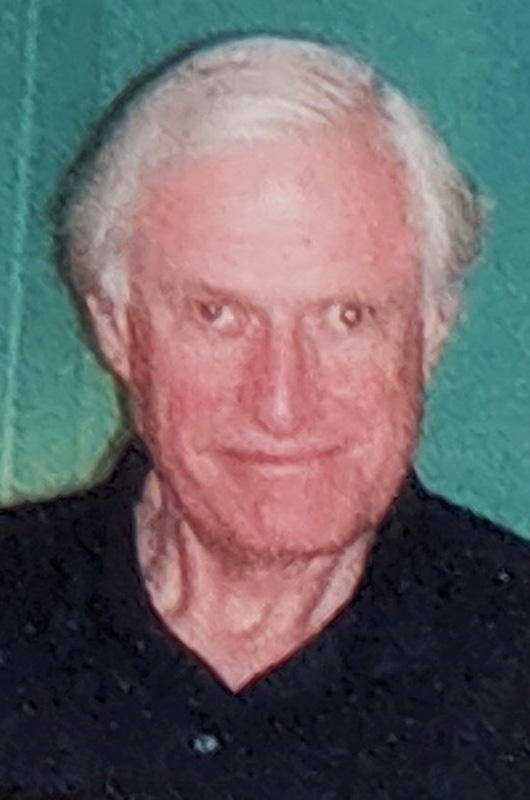Arthur Yorke Allen of New York city and Edgartown died at the Martha’s Vineyard Hospital on August 3. The cause is unknown.
Arthur was born in New York city on Oct. 31, 1936 to Ethel and Findlay Allen. He graduated in 1954 from Kent School with highest honors, and in 1958 from Princeton University, where he majored in history, partying, rowed in pair with coxswain in the Olympic trials of 1956, and on the varsity crew. Later he was secretary of his class at the Harvard Business School’s owner-president management program, and valedictorian.
Before retirement he was a fiduciary and investment manager and CEO of a small publishing company.
Arthur had a generations-long association with, and love for, the Island and community of Edgartown. His grandfather, Arthur Lenssen, brought the family to the Island in 1915.
In the 1930s, when the family outgrew their house in town, his grandparents bought land on Planting Field Way from the Shurtleff and Norton families. At the time, everyone thought Mr. Lenssen was crazy to move outside of town, saying he “wouldn’t be able to keep a cook.” The assembled site was about 80 acres fronting Nantucket Sound and Eel Pond. One of three, ruined, 18th century houses were brought from Scrubby Neck. Arthur remembered, as a small child, watching the houses being moved with horse and capstan by the late Mr. Reno. Each house, including the one that became known as Athearn House, was then rebuilt by Hariph Hancock. This beacon of land became a summer place of delight for Arthur and his Lenssen cousins.
Athearn House eventually passed to Arthur and his wife who regarded themselves as protectors of its architecture, restoring its treasury of moldings and trim back to period colors, while bringing the house into the 21st century, always mindful of maintaining its sense of place. Their sense of guardianship extended to the land the house sat on, always careful to preserve the native shrubbery. The sweep of original beach plum was a nurtured treasure that carried an invitation for many in the community to come pick the ripened beach plums in the fall. Many Islanders and summer people visited the house over the years, either for house tour charity benefits, or for social gatherings, passing through tall hedges, crossing over the green lawns to an arched gateway and into a courtyard garden, where all were greeted at the main door, and pointed to the water side of the house — and to the bar.
At derby time the beach was an especially coveted spot. One afternoon while master painter Mike Poirier and his crew were painting the ridge pole of the house, the telltale commotion of water and birds circling overhead began. Paint brushes were slung down, and the men raced down the ladders, grabbed their rods, metamorphosed from painter to fisherman, and headed to the beach, once getting the winning fish for the day, bringing Arthur to laughs and laughs of delight.
Arthur was a longstanding member of the Edgartown Reading Room where he was president from 2006 to 2008. He was proud to have worn the club’s signature jacket longer than any living member. He was also a member of the Edgartown Yacht Club where he loved sailing Rhodes 19s and Shields, though he used to say his trophy chest was small.
His nonprofit board memberships included The American Agora Foundation, (sponsor of the history journal Lapham’s Quarterly), the American Council on Germany, the Walbridge Fund, Ltd., Woods Hole Oceanographic Institution and Vineyard Open Land Foundation, of which he was a co-founder.
Besides being the muse for poems in numerous journals, magazines, anthologies and two books, he turned up as the muse in more poems in the New Yorker than any man. Planting Field Point was the setting for many of these poems.
Arthur is survived by his wife, the poet, Mary Stewart Hammond, his daughter Loring Allen and her husband Stuart Randall; two grandsons, Nolan Mayhew Panno and Andrew Gettys Panno; a brother William (Hap); two sisters, Eleanor (Dee) and Ethel; and many cousins.
A memorial service will take place at a future date.


Comments
Comment policy »